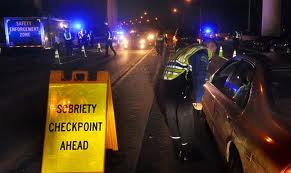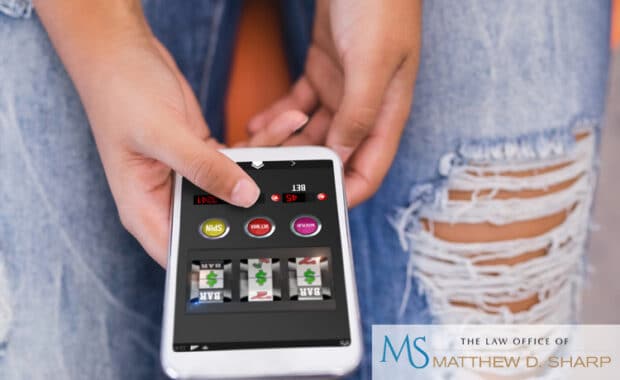“No Refusal” DWI Checkpoints in Texas
Many drivers in Texas may have come across a DWI checkpoint at one time or another. These checkpoints allow police officers to interview drivers in order to determine if a driver appears intoxicated. In recent years, Texas law enforcement has begun implementing “No Refusal” DWI checkpoints during some holiday weekends.
From a law enforcement perspective, these checkpoints are designed to prevent accidents that are caused by intoxicated motorists. “No Refusal” checkpoints are usually set up on holiday weekends, such as the 4th of July weekend, because people are more likely to consume alcohol at these times. Some attorneys and civil rights organizations have criticized “No Refusal” checkpoints on the grounds that they infringe the rights of drivers. In Texas, however, these checkpoints are still being used on a regular basis.
Are “No Refusal” DWI Checkpoints Legal?
Some drivers may wonder if these kinds of checkpoints are legal. The short answer is “yes, they are”. A driver who is stopped by police at a “No Refusal” checkpoint and is found to be intoxicated can be arrested, taken to jail and charged with a DWI offense. However, the term “No Refusal” can be misleading. In order to understand how these checkpoints work, it’s important to examine the laws regarding DWI alcohol testing in Texas.
How “No Refusal” Checkpoints Work
When a driver is suspected of driving under the influence of alcohol, a police officer may request that the driver submit to a blood test. At this point, the driver has three options:
- Submit to a breathalyzer test
- Submit to a blood test
- Refuse to be tested
According to Section 724.013 of the Texas Transportation Code, a driver has the right to refuse the test and the police officer does not have the right to force the test on the driver. There is an exception to this rule, however. If a driver is arrested for DWI and the officer has a reasonable belief that the intoxicated driver caused an accident and that the accident caused death or serious injury, the test may be mandatory even if the driver refuses.
Of course, if a person refuses to be tested, the officer doesn’t simply let the driver head off down the road. Texas, like all other states, has an “implied consent” law. This law means that, in exchange for the privilege of driving on Texas roads, drivers who refuse to be tested can automatically have their licenses suspended.
Additionally, the officer may detain the driver until he or she can obtain a warrant. These days, an electronic warrant can by signed by a judge and sent to the officer’s phone, even in the middle of the night. Then, the officer has the right to use force to take a blood sample from a driver. The driver can be placed in handcuffs, taken to a medical center and restrained until the blood sample can be drawn.
All of these laws apply to “No Refusal” checkpoints as well. Drivers still have the right to refuse a test, even at a “No Refusal” checkpoint. However, if drivers refuse, the officer can simply get a warrant and force the test to be taken.
Objections to “No Refusal” Checkpoints
Several attorneys and civil rights groups have objected to the use of “No Refusal” checkpoints. This includes attorneys in Texas and the American Civil Liberties Union. The reasons most often cited for the objections to these checkpoints include:
- The checkpoints violate the constitutional right of drivers to be safe from unreasonable searches
- The checkpoints violate the right of drivers to refuse a test because a warrant can quickly be obtained for a mandatory test
- The checkpoints violate the medical privacy of drivers because other information can be obtained with a blood test
Despite these objections, “No Refusal” checkpoints are currently legal in Texas and they are likely to remain legal for the foreseeable future. Claiming that these checkpoints are illegal as a defense in a Texas DWI case is not likely to be successful.
However, a defense attorney may be able to create a strong DWI defense in court. The lawyer may argue that a breathalyzer sample obtained from a driver was taken improperly or that the breathalyzer was incorrectly calibrated. If this tactic is successful, the breathalyzer results may be thrown out. Because the prosecution needs strong evidence to get a DWI conviction, the charges may be dropped if the breathalyzer results are deemed inadmissible.
Attorney Matt Sharp Can Help
If you have been arrested for DWI/DUI in Texas, please contact us. We will fight hard to protect your rights and your future. Call (713) 868-6100 or email for your free and confidential consultation.





